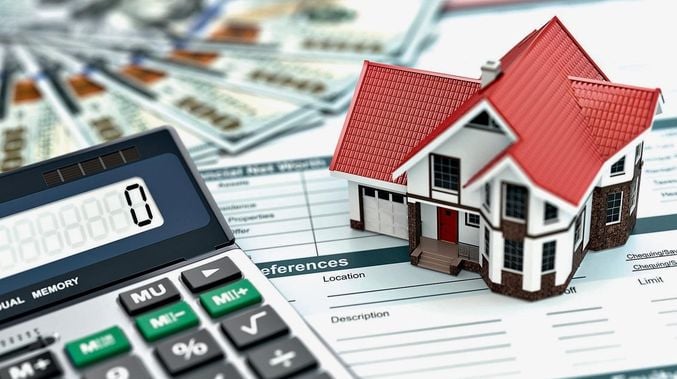A growing number of borrowers are becoming so desperate to qualify for a mortgage that they end up lying about how much they earn on their applications.

Moreover, the problem is getting worse, with mortgage fraud rising by 12 percent in the past year according to data from CoreLogic, a company that provides data analytics for the real estate industry. It said that one out of every 109 mortgage applications is believed to be fraudulent, with misstatements of income being the most common type. Reports of this kind of fraud are up 22 percent in the last year, CoreLogic said.
When assessing mortgage applicants, lenders place strict limits on the amount of debt they’re able to carry relative to their incomes. And so some borrowers, fearing they may miss out, are finding ways to get past these income checks and balances. In some cases they’re even taking advantage of paid online services that will create fake pay checks and answer phone calls to confirm income to a lender.
"Sites will have a disclaimer, claiming it's for novelty purposes or similar qualifying statements," Bridget Berg, principal of fraud solutions strategy for CoreLogic, told CNBC. "Some are out of the country and not traceable. There are sites where you can buy credit lines to increase your credit."
Nima Ghamsari, CEO of Blend, a company that sells software to mortgage originators, said technology is also part of the problem. She said lenders must do more to verify applicant’s incomes.
"We should use data and we should use the ability to find trusted sources of information, like direct deposit streams, like payroll provided directly from employers' databases, so that the consumer isn't providing that information that can be altered or doctored,” Ghamsari said.
Fraudulent applications particularly hurt lenders’ business, since they are responsible for originating the loans.
"If somebody lies on an application, the investor that we sell the loan to will or can investigate the attributes of the loan," Matt Lieberman, senior mortgage banker at Apex Home Loans in Rockville, Md., told CNBC. "If, for some reason, they see something that we missed, that we should have caught, they could then force us to buy back the loan, meaning they won't actually purchase it, and they'll make us buy it back and keep it. We need make sure all our i's are dotted and t's are crossed."
The areas with the highest rate of mortgage fraud are New York, New Jersey, Florida, Washington, D.C., and New Mexico, according to CoreLogic.